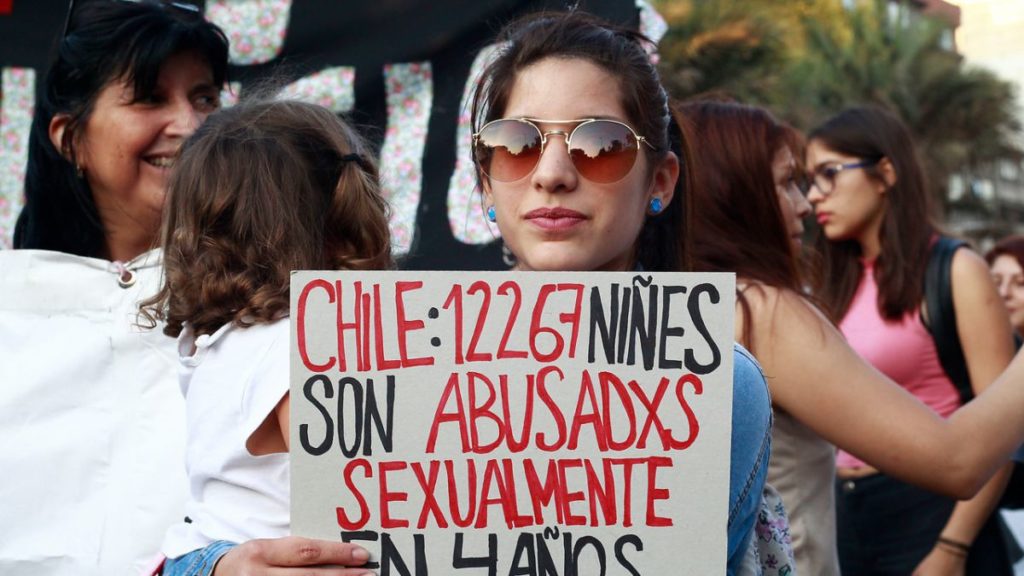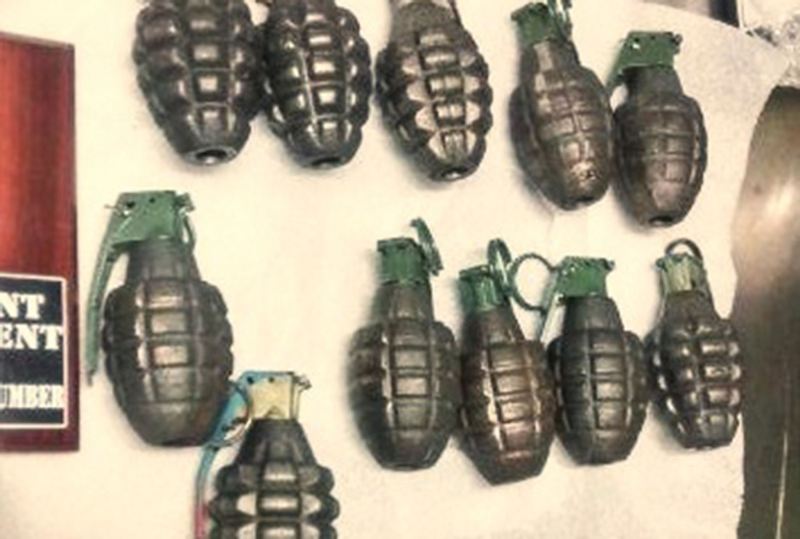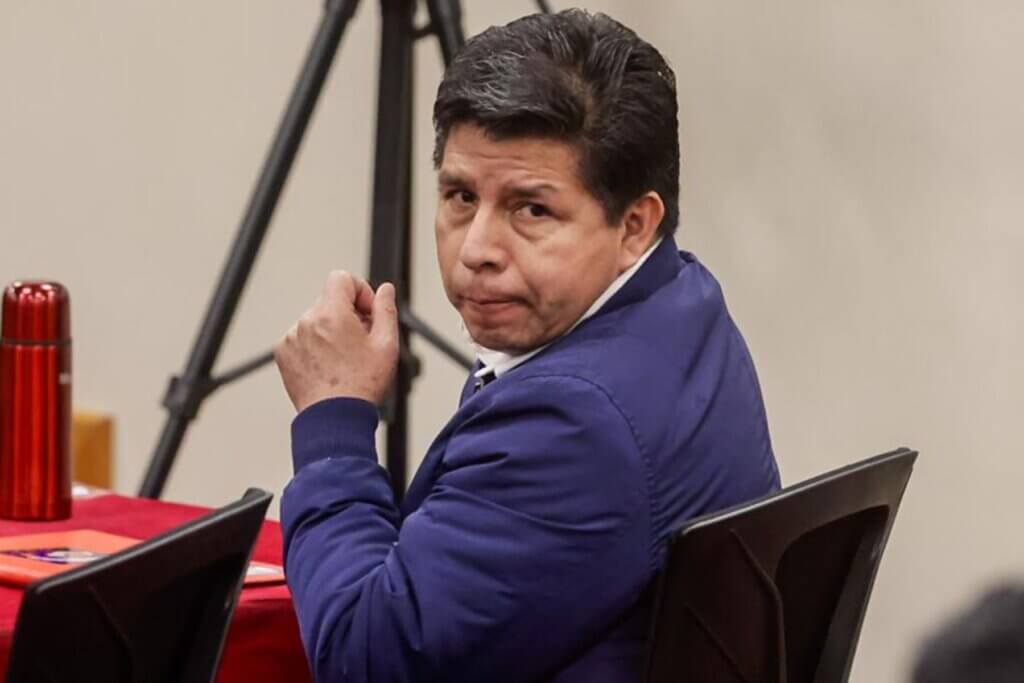A Veronika Mendoza presidency will not wreak the economic havoc which some analysts fear.
“Ruin” is a subjective term. To be clear, Veronika Mendoza’s policies would ruin Peru’s economy if implemented. But Mendoza will not be able to implement most of her economic proposals because she lacks the political power required and the will to do whatever it takes.
Mendoza’s most dangerous ideas include bringing the central bank under the government’s control, investing billions of dollars to expand state oil firm Petroperu and discarding the government’s binding contracts, specifically to renegotiate terms of Camisea natural gas.
Any one of those moves requires amending Peru’s Constitution, which Mendoza hopes to rewrite completely. Only a two-thirds vote in Congress or a public referendum can amend the Constitution. Holding a referendum requires a simple majority vote in Congress.
Political power
Mendoza has yet to complete her first term in Congress. She has been a face on the national stage only since July, when her presidential candidacy was announced. While her message has found an audience, she does not have the political base to affect drastic change, much less amend the Constitution.
Frontrunners Keiko Fujimori and Pedro Pablo Kuczynski were presidential candidates in 2011. With deep ties to Peru’s political establishment, they have been preparing for this election for five years. Their organizations have strong candidates in every region. The Popular Strength and Peruvians for Change parties are projected to take a combined 89 of the legislature’s 130 seats.
Veronika Mendoza’s Broad Front party is expected to take only 24 seats, or 18%, not even half the votes required to force a referendum. Even if she wins the presidency, she will have to govern with a super-minority in a hostile Congress. Not even the center-left Popular Action party led by Alfredo Barnechea, who has called her a “chavista,” would support her most controversial policies.
Cynicism and willpower
To undo 26 years of market reforms to Peru’s economy, Mendoza needs more than the presidency. So a more fundamental reason Veronika Mendoza will not ruin Peru’s economy is that she is a bona fide, bleeding-heart liberal. A bleeding heart liberal is safer than a strongman or caudillo.
In Venezuela, Hugo Chavez brought the courts, military and most of the media under his control. In Argentina, Cristina Fernandez inherited vast political support from her husband and political veteran, Nestor Kirchner, which helped her commandeer the central bank and public pension fund.
But the bleeding heart Mendoza seems to respect democracy too much to undermine Peru’s balance of powers, shaky as that balance may be.
Who controls the gold?
Most importantly in Venezuela, Chavez brought the vast wealth of state oil company PdVSA under his control. Mendoza will never have that kind of money to buy influence. Peru’s wealth is not concentrated in any one or two firms, but spread out among various mines owned by several companies.
Given Peru already tried its hand in government-led mining under the 1970s military dictatorship, any nationalizations spree would never get off the ground with the current Constitution and likely Congress.
Reality check
The 2011 election of a career military officer in President Ollanta Humala caused more worry than Mendoza warrants. Humala, whose Nationalist Party counted Mendoza among its ranks in 2011, had proposed a Great Transformation of left-wing policies.
But when Humala graduated from candidate to executive, he was forced to make a decision. I imagine a turning point, a conversation with the technocrats at the finance ministry. They would have given him his economic orientation: the revenue and costs, and the money left over to realize his dreams.
I imagine Humala saw the money would not go far. Then the technocrats showed him what effect the Conga gold mine would have on the bottom line and the potential for social programs. Then the Tia Maria copper project, and so on. The technocrats explained that, with these big mining projects, Humala could have his social programs and leave the country in a state of economic growth at the end of his term.
Or he could stand up for communities’ rights and the environment, which he had campaigned on, but not have his social programs. And that is how I imagine Humala became a friend to mining companies and foreign capital, and the Great Transformation became the Great Decision, which ultimately cost Humala the support of the left.
I don’t see Mendoza making that same decision.
It’s not the economy, stupid
As president, Mendoza will be forced into one of two paths. Compromise with big business and earn some wealth to redistribute, or don’t compromise and fail to deliver on the lofty campaign promises. Either path will erode her political support.
In a time of increasingly frequent social conflicts and falling commodity prices, the next president will have to be a champion of mining and energy projects just to maintain current growth. Anything less will result in a slowdown, if not recession.
A Mendoza presidency will certainly not accelerate economic growth, and probably not even maintain it. But economic growth is not everything in a society’s progress. After more than a decade of leading the region, Peru can afford to take a few years off to implement progressive change in social issues.
Many of Mendoza’s policies are exceedingly reasonable. While poverty has halved in the last 10 years, a Mendoza presidency which enjoys the fruits of previous governments’ economic policy could further reduce inequality in this highly stratified society.
And when faced with the Great Decision, I believe Mendoza will side with the environment and indigenous communities over mining royalties for state governments. In the wake of oil spills in the Peruvian Amazon as well as the Bento Rodrigues dam disaster in Brazil, shoring up environmental standards can’t be a bad idea.
Mendoza proposes a wider separation between the state and the Catholic Church, which most would agree should not be drawing salaries from public coffers or approving the textbooks used at Peru’s schools. Mendoza would look to empower women, indigenous communities and other marginalized populations.
Some older Peruvians say that, because of the obligatory vote in Peru, many of this year’s voters will have been born in the late 1990s. They do not remember the interventionist policies of the 1970s and 1980s which nearly brought Peru to ruin. They don’t even remember Alberto Fujimori. These neophyte voters could theoretically cast their ballots en masse for Mendoza. But the ensuing government would serve as a lesson to the young generation about the perils of a state-planned economy,.
For the speculators
My outlook may not jibe for speculators focused on short-term horizons of the next few years. So here’s a prediction: Veronika Mendoza will not with the presidency.
And I’ll put my money where my mouth is. I will short Veronika Mendoza.
If Mendoza beats Kuczynski to qualify for a runoff against Fujimori, I will buy $100 of soles on Wednesday, April 13 – two full days of trading after the news. The sol should weaken against the dollar to at least 3.50, if not 3.60.
I will put those soles in a homemade envelope made of Broad Front campaign flyers and hide it under the mattress. On June 8, after two days of trading following the runoff vote, I will change those soles back into dollars. This webpage will be updated to post the results.







